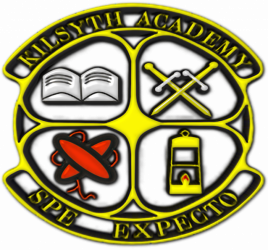National 4
The Course develops skills in an environmental science context. Learners will gain an understanding of environmental science, and develop this through a variety of approaches, including practical activities.
The Course has four mandatory Units including the Added Value Unit. The first three Units listed below are designed to provide progression to the corresponding Units at National 5.
Unit 1 – Living Environment (National 4)
In this Unit, learners will develop skills of scientific inquiry, investigation and analytical thinking, along with knowledge and understanding in the context of the living environment. Learners will research issues and communicate information related to their findings, which will develop skills of scientific literacy. The key areas covered are: interdependence; adaptation for survival; the impact of population growth and natural hazards on biodiversity; and the nitrogen cycle and the environmental impact of fertilisers.
Unit 2 – Earth’s Resources (National 4)
In this Unit, learners will develop skills of scientific inquiry, investigation and analytical thinking, along with knowledge and understanding in the context of the Earth’s resources. Learners will research issues and communicate information related to their findings, which will develop skills of scientific literacy. The key areas covered are: the responsible use and conservation of non-renewable and renewable resources; the formation and use of fossil fuels; the derivation and uses of materials derived from crude oil; the risks and benefits of different energy sources, including those produced
from plants; the carbon cycle and processes involved in maintaining the balance of gases in the air, and the causes and implications of changes in the balance.
Unit 3 – Sustainability (National 4)
In this Unit, learners will develop skills of scientific inquiry, investigation and analytical thinking, along with knowledge and understanding in the context of sustainability. Learners will research issues and communicate information related to their findings, which will develop skills of scientific literacy. The key areas covered are: the sustainability of key natural resources and possible implications for human activity; the interaction between humans and the environment and the impact of human activity on
an area; the role of agriculture in the production of food and raw material and its environmental impacts and sustainability; society’s energy needs and the impact of developments in transport infrastructure in a selected area; and development of sustainable systems.
Added Value Unit: Environmental Science Assignment (National 4)
In this Unit, learners will draw on and extend the skills they have learned from across the other Units and demonstrate the breadth of knowledge and skills acquired, in unfamiliar contexts and/or integrated ways.
Conditions of Award
To achieve the National 4 Environmental Science Course, learners must pass all of the required Units, including the Added Value Unit. The required Units are shown in the
National 4 Courses are not graded.


